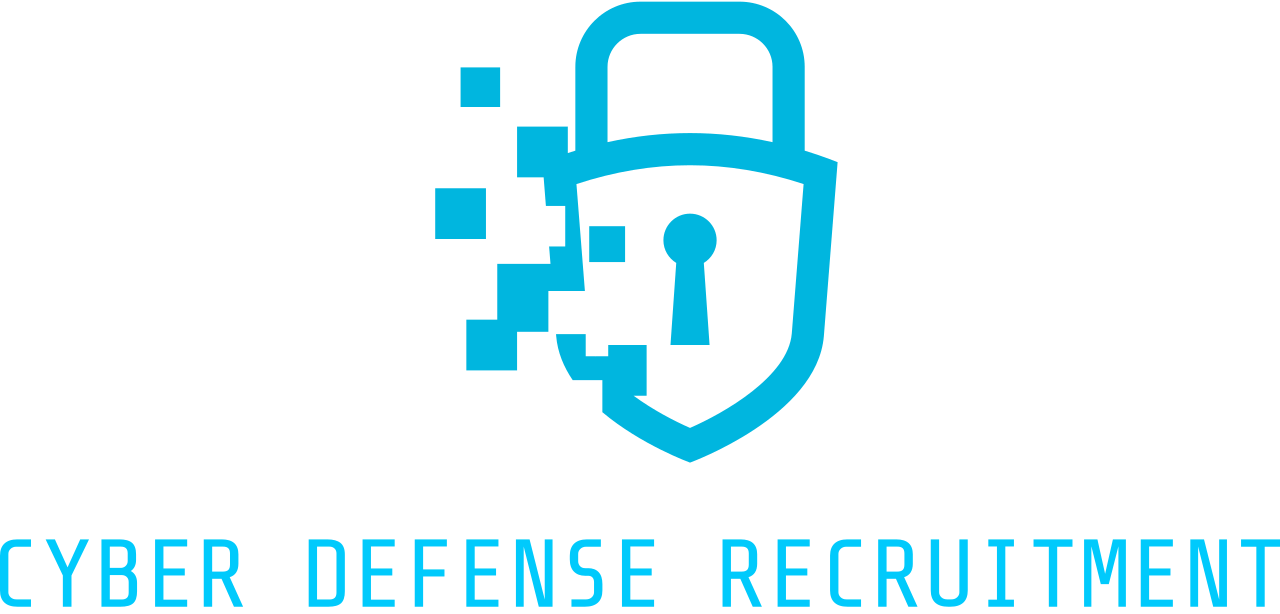Rising Tide of Cyber Attacks in Germany
In recent months, Germany has experienced a significant uptick in cyberattacks, with political parties and critical infrastructure becoming prime targets. This surge in digital threats underscores the increasing complexity and stakes of cybersecurity in today's interconnected world.
Cyber Assault on the Christian Democratic Union (CDU)
The Christian Democratic Union (CDU), Germany's leading opposition party, recently faced a substantial cyberattack. The German Interior Ministry (BMI) has been working tirelessly to mitigate the damage and investigate the origins of the attack, which they describe as "serious." Although specific details about the perpetrators or the extent of the damage remain undisclosed, the professional execution of the attack suggests a highly skilled actor is behind it.
In response to the attack, the CDU isolated parts of its IT infrastructure as a precaution. The incident has heightened security measures across all parties in the German Bundestag. CDU politician Mario Voigt emphasized the gravity of the situation, indicating that the attackers perceive the CDU as a significant threat to their interests.
This attack on the CDU coincides with increasing cyber threats as the European Parliament elections approach. It follows another major cyberattack on the Social Democratic Party (SPD), attributed to Russian state-backed hackers, APT28. The hackers exploited vulnerabilities in Microsoft Outlook, further demonstrating the sophistication and persistence of these threats. This pattern of attacks has prompted Germany to recall its ambassador to Russia and consider employing the "European cyber diplomacy toolbox" to counter such threats.
Persistent Threats from Russian Cyber Actors
German authorities have noted a sharp rise in cyberattacks originating from Russian state actors and affiliated cybercriminal groups. These attacks target a wide range of entities, from private companies to public services, on a near-daily basis. German cyber ambassador Regine Grienberger highlighted the relentless nature of these threats, stressing the need for constant vigilance.
The German government has taken a firm stance against these cyber intrusions, recalling its ambassador to Russia for consultations and denouncing Russia's "irresponsible behavior" in cyberspace. This firm response is part of a broader international reaction, with both the EU and NATO condemning Russia's cyber activities, which they see as attempts to destabilize democratic institutions and critical infrastructure.
International Repercussions and Responses
The wave of cyberattacks is not confined to Germany alone. The Czech Republic has also summoned the Russian ambassador over similar attacks on its institutions and infrastructure. France, too, has been drawn into the fray, with its foreign ministry criticizing Russia's attempts to deflect blame and accusing the West of cyber aggression amid the ongoing conflict in Ukraine.
These incidents underscore the global dimension of cyber warfare, where state-backed groups engage in activities that threaten national security and international stability. As nations grapple with these challenges, the importance of robust cybersecurity measures and international cooperation becomes increasingly evident.
In conclusion, the recent cyberattacks in Germany highlight a critical need for enhanced cybersecurity frameworks and international collaboration to combat the growing threat of state-sponsored cyber aggression. The vigilance and proactive measures adopted by Germany and its allies will be crucial in safeguarding democratic institutions and maintaining global cyber stability.
